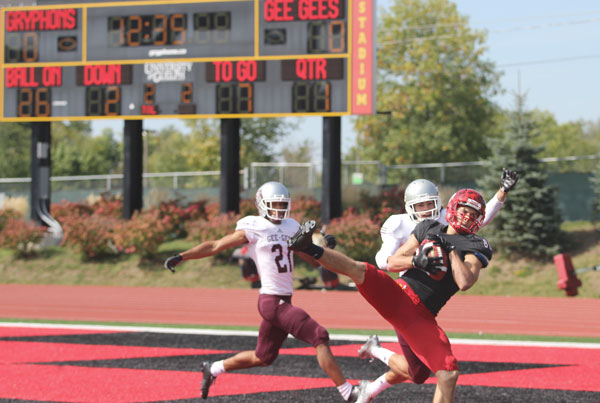Official designation will protect French and bilingual cultures
Ottawa is the capital of an officially bilingual country, home to the world’s largest bilingual university, and the heart of our Canadian democracy. Living in Ottawa, it’s hard not to be exposed to both official languages on a daily basis.
Wherever you go, French and English—and a plethora of other languages—can be heard in this city. While Ottawa has Bylaw 2001-170, which states that local residents have the right to access city services in either official language, that is simply not enough for many Francophones and Francophiles.
On the surface, it is true that Ottawa seems to be very much welcoming to both languages. In fact, many students I’ve spoken to were surprised to learn that the city was not already designated as an officially bilingual municipality, given its strong bilingual culture.
Even mayor Jim Watson believes that the current bylaw is sufficient, since the city already operates as a bilingual institution.
But is Ottawa as bilingual as we think? According to a study by the Office of the Commissioner of Official Languages, 82.3 per cent of Ottawa’s 872,000 residents indicated English as their first language, whereas 16.4 per cent reported French as their mother tongue.
The study also shows that only 36.9 per cent of Ottawa residents said they could carry a conversation in both French and English.
However, as the capital of the country, the city of Ottawa has an obligation to serve as a reflection of the nation as a whole. Not only is recognizing Ottawa as an officially bilingual city a nod to our French and English heritage, but officially embracing both languages is a symbolic gesture that would come at no additional costs to taxpayers and would not affect jobs.
Besides, many residents already support the movement for an officially bilingual Ottawa.
Two surveys conducted by the Office of the Commissioner of Official Languages of Canada cited 72 per cent and 87 per cent of respondents in support of such an initiative.
Overall, Ottawa, as the capital of a bilingual country, should embrace its French and English heritage wholeheartedly.
We host many international visitors including diplomats, delegates, and business people who come to the capital to negotiate with the federal government. We are the heart of the federal government and Canadian democracy, and our official languages should reflect those of our country. Not only would this move preserve and protect French culture in the capital, it would further improve and encourage linguistic diversity for all.







